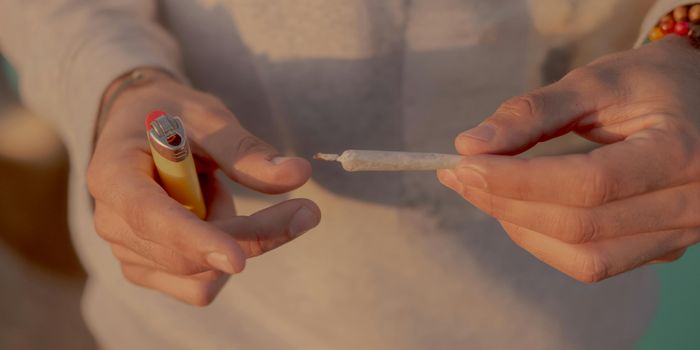Smartphone Technology Could Help Predict Cannabis Intoxication
Cannabis use can affect the body in a range of ways, including slowing response time. A slower response time affects our ability to function in a range of contexts, from lower-stakes contexts, like work, to higher-stakes/more dangerous contexts, like driving. Like with alcohol, finding ways to detect when someone is under the influence is important. However, existing methods for detecting whether someone is under the influence of cannabis, such as certain blood and saliva tests, have their limitations, including taking longer to determine results.
Researchers at multiple institutions are studying how to use smartphone technology and algorithmic thinking as a minimally invasive way to detect when someone might be under the influence of cannabis, enabling the delivery interventions to prevent people from operating under the influence in high-risk situations.
The study, published in Drug and Alcohol Dependence, included participants ages 18-25 who reported regular cannabis usage (at least twice a week). Researchers worked to collect a range of data that could be configured with a type of machine learning to predict levels of intoxication. Data included phone surveys 3 times a day, participant reports of when they started using cannabis each day, and their perceived level of intoxication (on a scale of 1-10, with 10 being the most intoxicated).
Researchers used a machine learning algorithm, called Light Gradient Boosting Machine (LGBM), to analyze the collected data and make predictions about, or “detect,” when participants may have self-reported “high” levels of intoxication, which was accurate about 60% of the time. Using smartphone sensors (such as those that power a GPS or accelerometer) increased the accuracy of these predictions to 90%.
Some researchers are attempting to develop other methods for detecting intoxication similar to alcohol, such as breathalyzers. However, cannabis affects the body in very different ways compared to alcohol, suggesting that different solutions are needed to accurately and effectively test if someone is under the influence and how being under the influence impairs their ability to function. According to this research, though, we may be heading in a promising direction.
Sources: Science Daily; McGill; Drug and Alcohol Dependence; Neural Information Processing Systems








